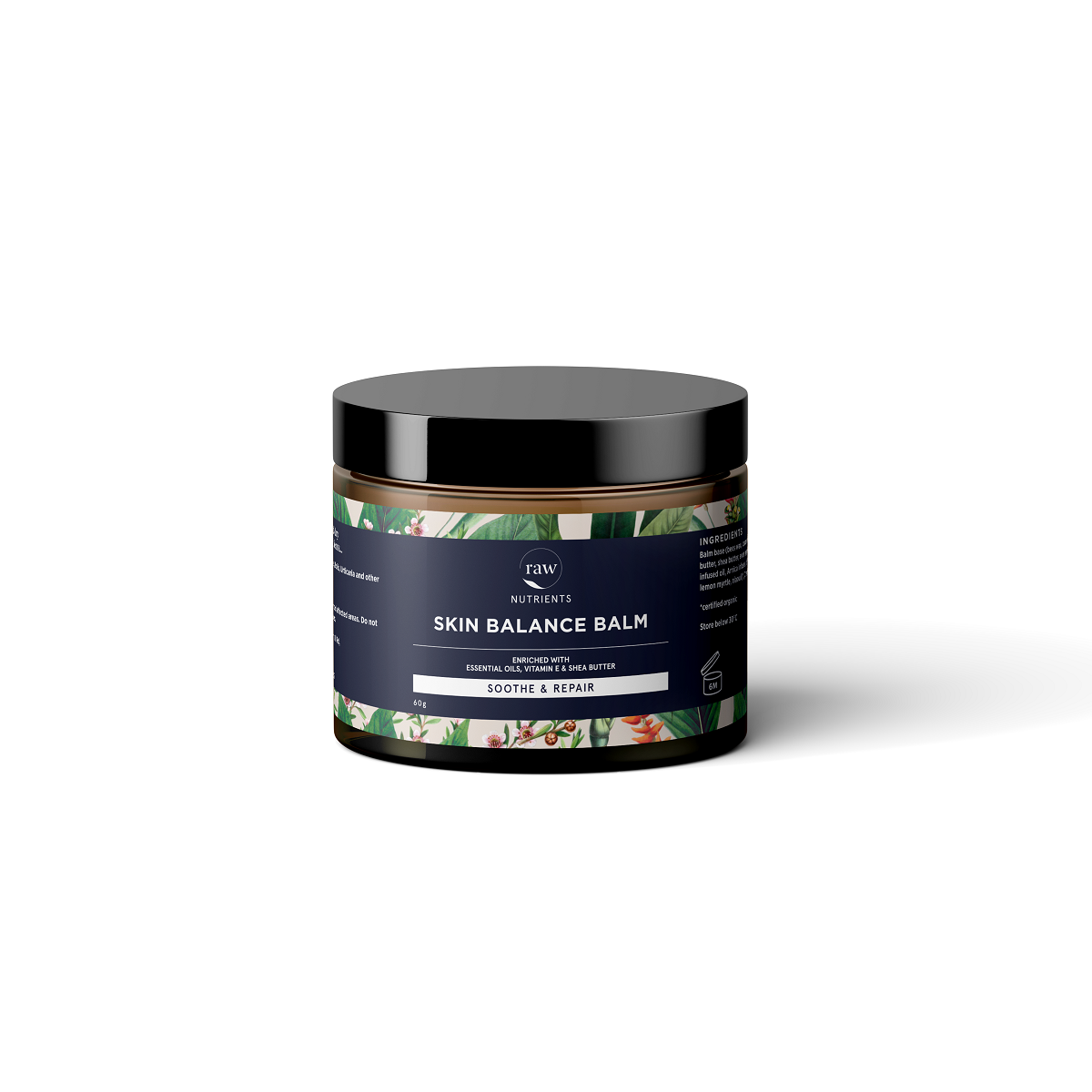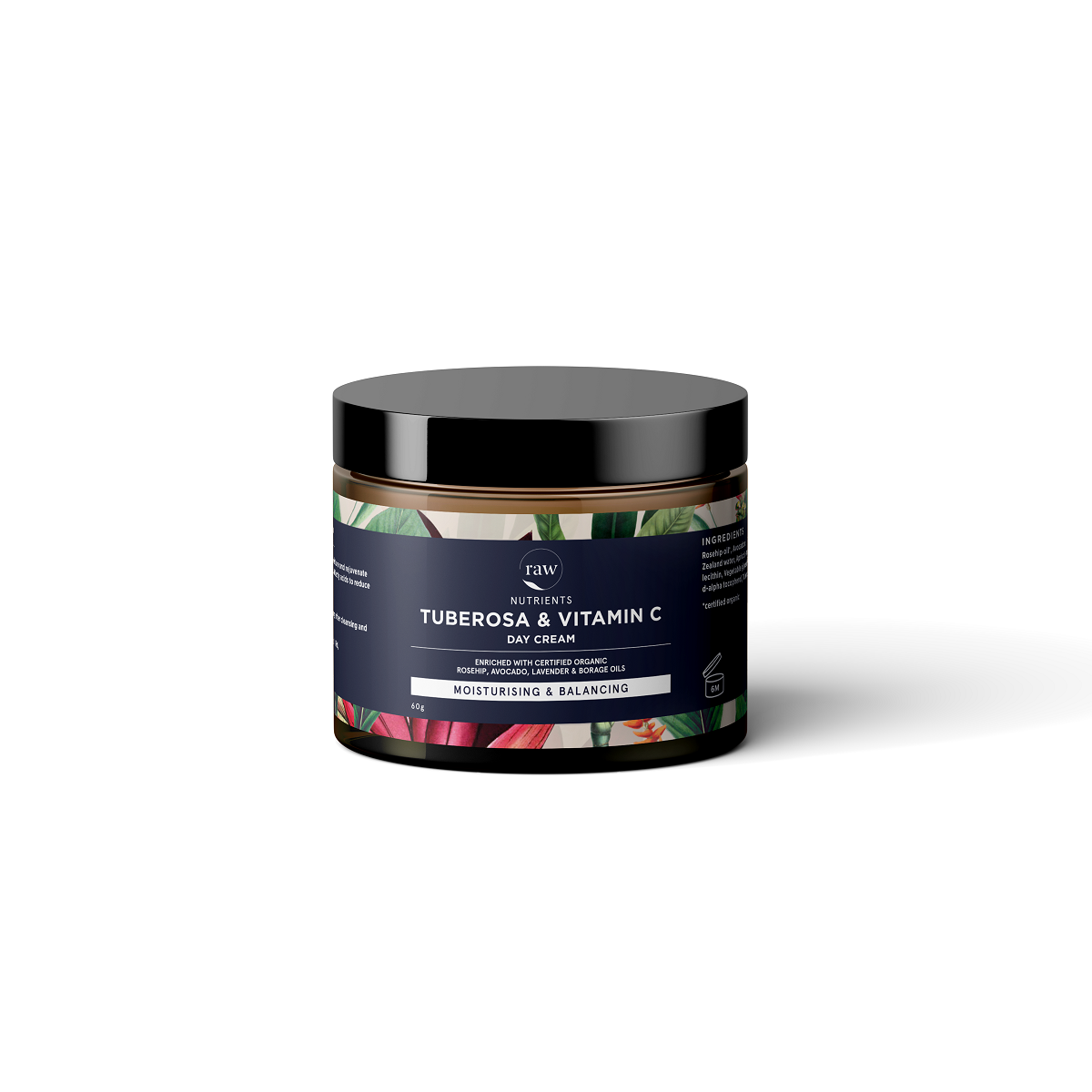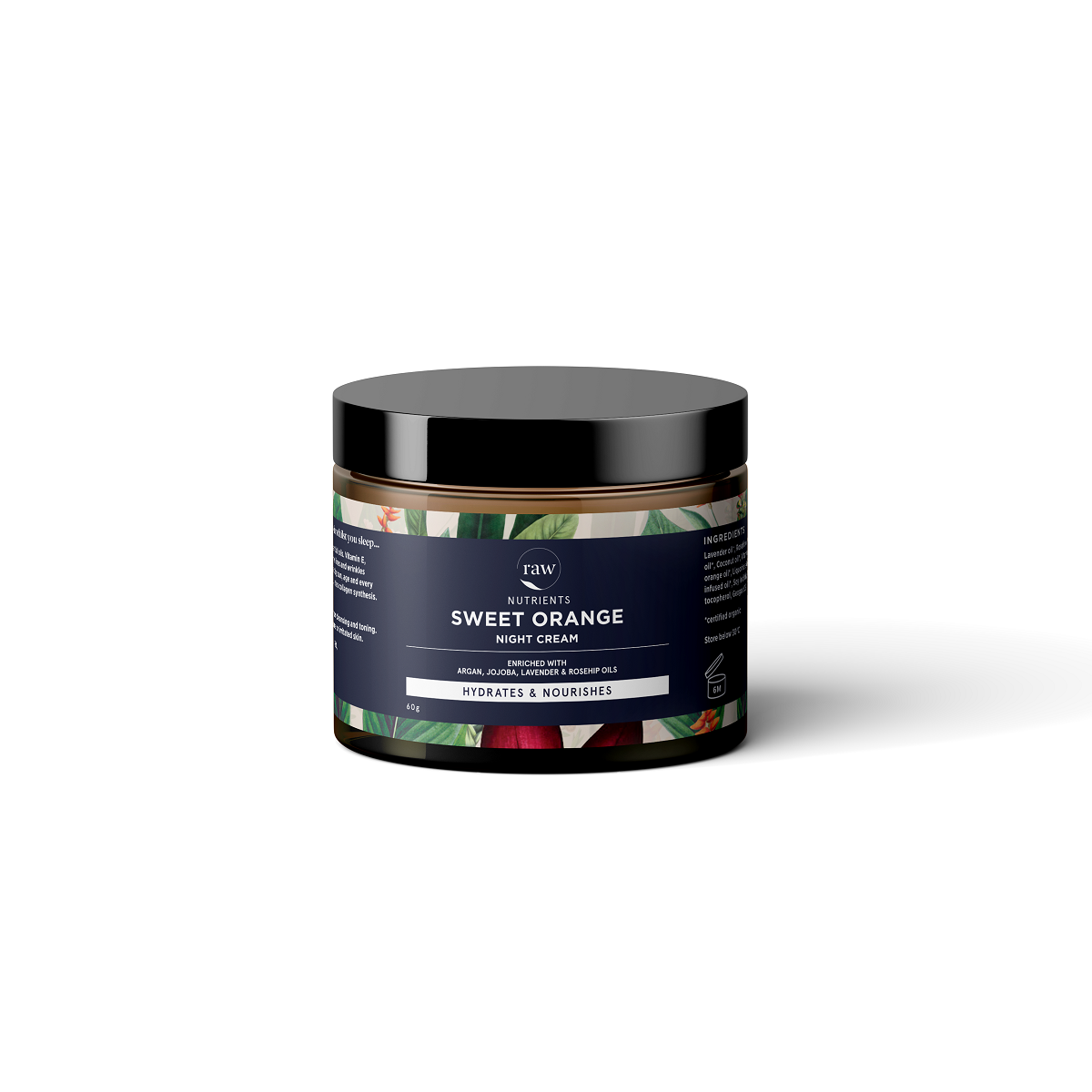-
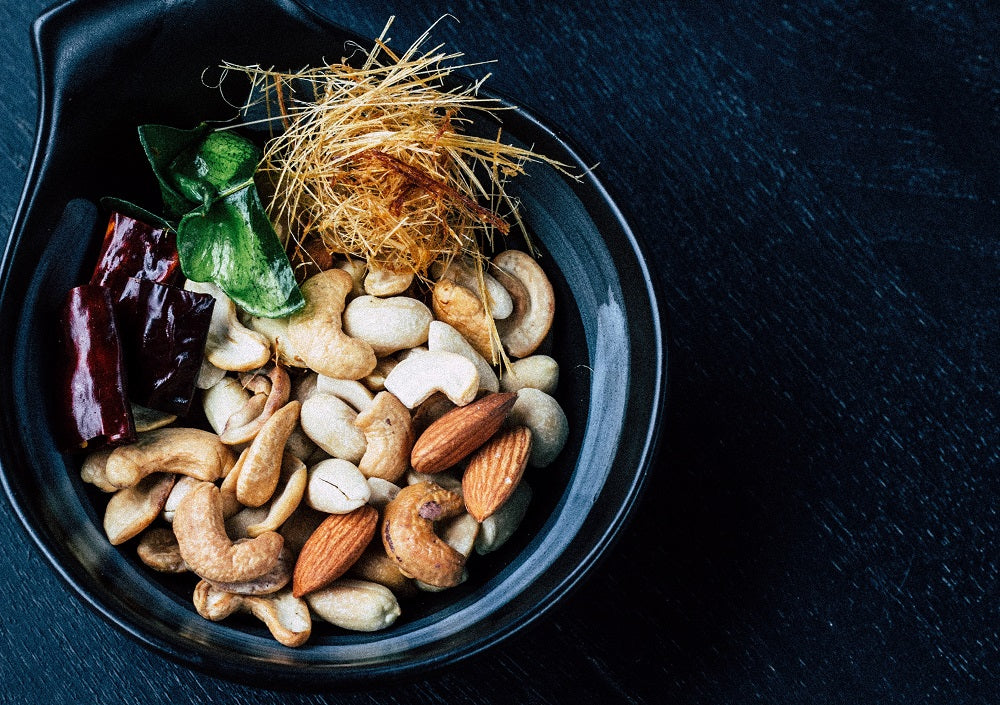
Think about zinc!
Zinc plays many important roles in your body. This essential dietary mineral is involved in metabolism processes, hel...
-
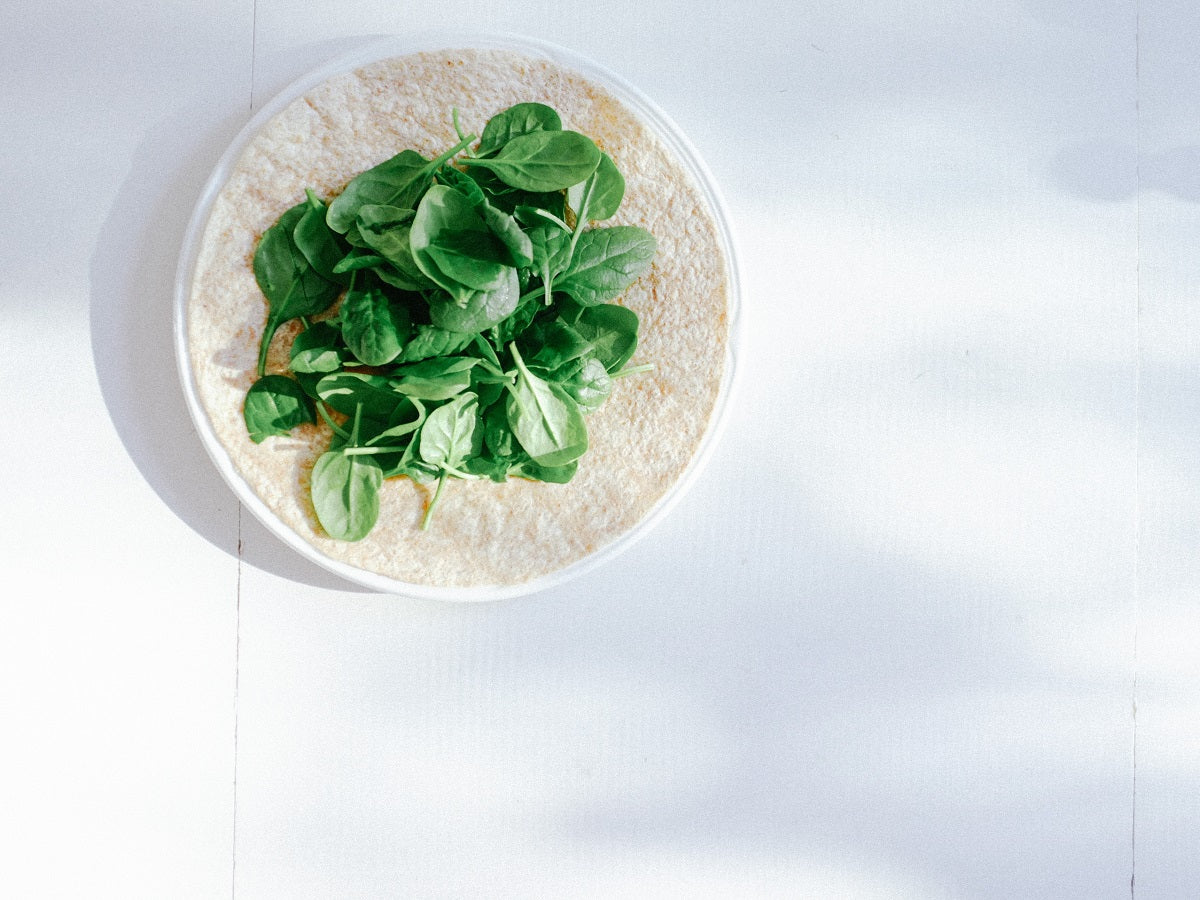
Magnesium; Are We Consuming Enough?
There is widespread magnesium deficiency, and given the importance of magnesium in the body, it is but essential to r...
-
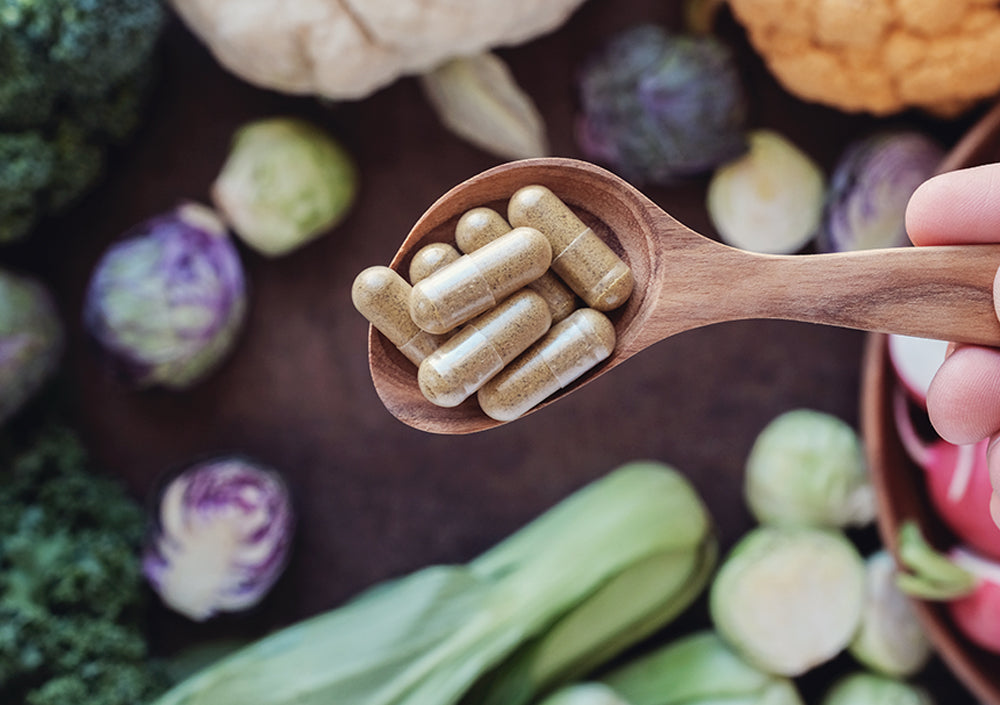
Probiotics; When & how do they work best?
Your gastrointestinal system comprises different microorganisms. The gut bacteria play a vital role in the health and...
-
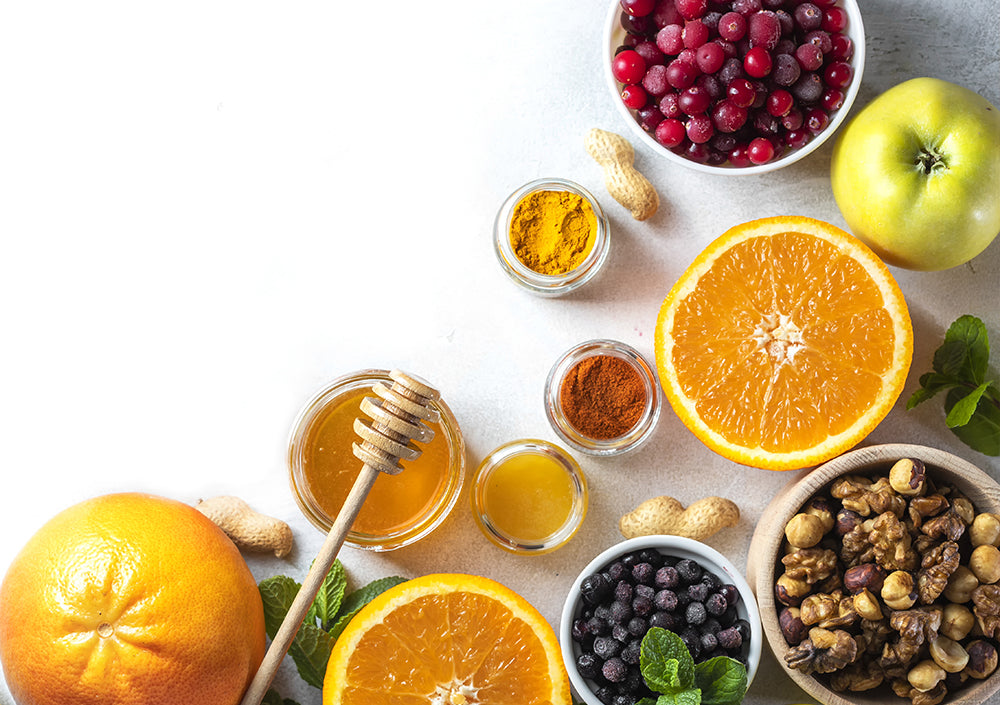
Vitamin C; How does it benefit wellness?
Vitamin C has gained popularity as an antioxidant. However, research claims that it can act as both an antioxidant an...
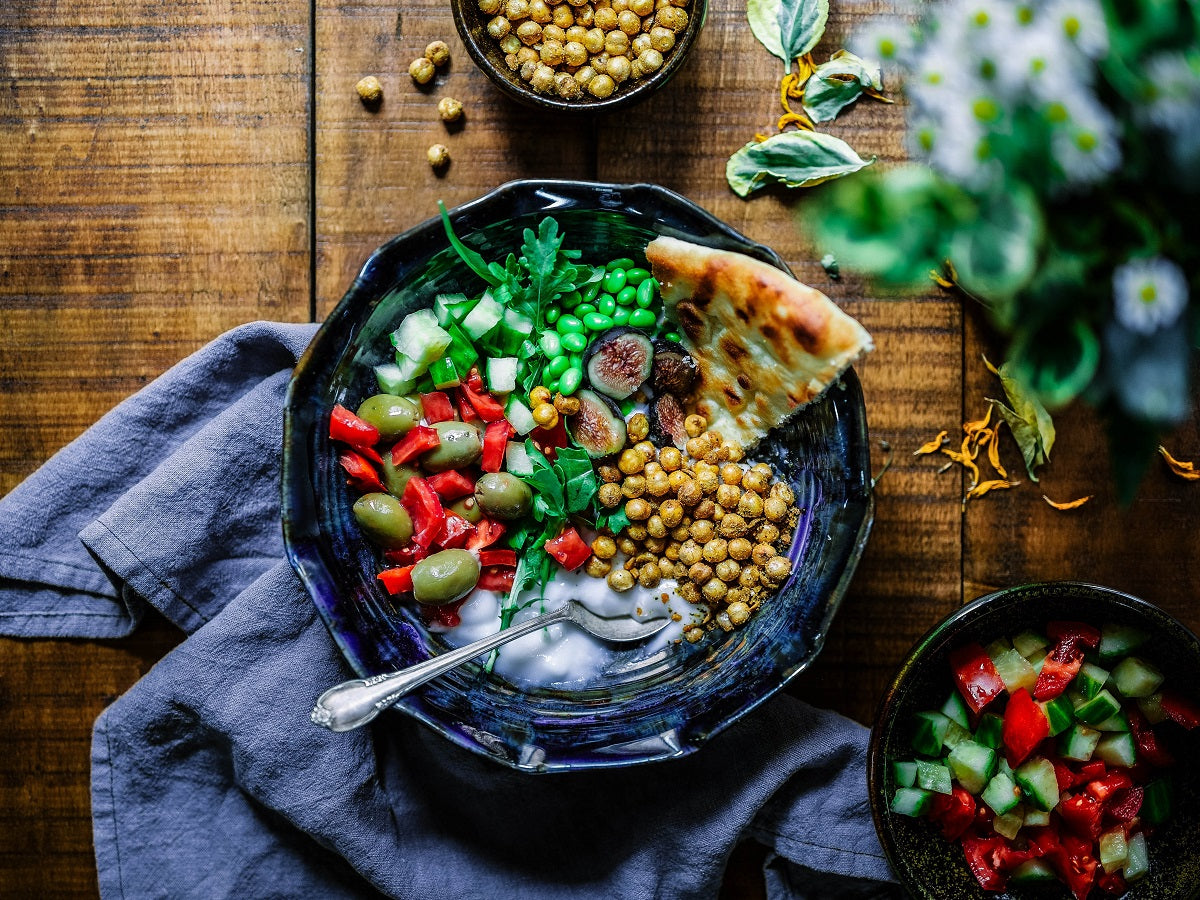
Is heartburn crippling your lifestyle?
Heartburn is commonly described as a sharp burning sensation in the chest. It may start in the upper chest and spread to the belly button. The primary reason for heartburn is the stomach acid rising into the esophagus, which triggers a burning sensation. It could start after a heavy meal or ingestion of spicy food, chocolate, garlic, or tomatoes. Beer and wine are likely to trigger Gastroesophageal reflux within an hour of ingestion.[1]
The Lower Esophageal Sphincter (LES) muscle connects the stomach with the esophagus. When food is consumed, the LES opens and closes for the food to enter the stomach, prevent the esophagus from the stomach acid. However, consumption of too much fried and processed foods and meat products could weaken the LES over time. As a result, the acid seeps into the esophagus, irritating the stomach lining and causing a burning sensation.[2]
A plant diet high in chlorophyll can have a profound impact on the health of your digestive system.
There are different types of heartburn:
Exercise Heartburn
Some exercises can reduce blood flow to the gastrointestinal area. As a result, gastric fluids pool, causing irritation and leading to inflammation. Certain restrictive body positions during exercise may put further pressure on the stomach, triggering symptoms.
A burning sensation in your chest when you’re working out, followed by a feeling of nausea, shortness of breath, and sweating, could be something serious that requires immediate medical attention.
Heavy meal
A big meal is primarily responsible for heartburn in most people. Coffee, tea, soda, garlic, and tomato are some of the common food triggers of heartburn. Research reveals that spicy foods, high-fat foods, citrus fruits, and chocolate are related to GERD. The study concludes that meals high in fat can trigger reflux symptoms due to delayed gastric emptying. [3]
Tips To Prevent Heartburn
A big meal late at night is the worst offender. If you combine it with wine before going to bed, you have the right recipe for some serious heartburn.
- Avoid eating heavy meals, especially at night. Research suggests splitting dinner and supper at appropriate times instead of taking one big meal.[4]
- Avoid wearing tight clothes at night. Tight-fitting attire can press on the stomach. This could result in some of the contents getting into the esophagus.
- Limit the intake of certain food triggers, including wine, chocolate, tomatoes, and hot spicy stews.
- Chew the food well, giving the intestinal tract ample amount of time to work on the food and move it through.
- Avoid dairy and gluten. Some of the top triggers of heartburn could be milk and milk products.[5] Transitioning to a plant-based whole-food diet can help relieve acid reflux symptoms. A plant-based diet is rich in fiber and low in fat.
- Avoid meat-based foods are naturally more acid-forming. Processed red meat is associated with esophagus reflux.[6]
How To Treat Heartburn
The traditional heartburn treatment uses proton pump inhibitors (PPIs), which are associated with a range of health issues, including dementia, strokes, heart attacks, and premature death.
You cannot reach out to histamine 2 blockers every now and then when you experience an acute episode of heartburn. These drugs are known to reduce the amount of acid in the stomach and do not provide rapid relief.
Unfortunately, some of the over-the-counter drugs contain parabens that pose a health risk. Besides, constant exposure to chemicals and endocrine-disrupting chemicals adversely affects health.
Instead, making dietary adjustments and shifting to a plant-based diet high in chlorophyll could have a significant improvement in your digestive health. Leafy veggies are a rich source of antioxidants, vitamins, and minerals and are known to cleanse and alkalize the colon and stomach.
A plant-based diet for heartburn tends to reduce inflammation and may provide relief similar to acid reflux medications. Your dietary choices matter when it comes to treating heartburn and acid reflux.
Are Calcium Carbonate Supplements Good for heartburn?
Calcium carbonate antacids are believed to alter esophageal motility in GERD patients by having a rapid response. Research reveals that calcium carbonate reduces the incidence of indigestion and heartburn, neutralizes acid, and improves acid reflux symptoms. When a calcium carbonate antacid is chewed, it is thought to neutralize esophageal acid and may reduce heartburn.[7]
References
[1] Surdea-Blaga, T. et.al. (2019).Food and Gastroesophageal Reflux Disease. Current Medicinal Chemistry. doi: 10.2174/0929867324666170515123807.
[2] Bhatia, S.J.1., et.al. (2011). Epidemiology and symptom profile of gastroesophageal reflux in the Indian population: report of the Indian Society of Gastroenterology Task Force.Indian Journal of Gastroenterology: official hournal of the Indian society of Gastroenterology. doi: 10.1007/s12664-011-0112-x. Epub 2011 Jul 27.
[3] v, Schönfeld, J.1., Evans, D.F.(2007) [Fat, spices and gastro-oesophageal reflux].Zeitschrift fur Gastroenterologie. Feb;45(2):171-5.
[4] Jarosz, M., & Taraszewska, A. (2014). Risk factors for gastroesophageal reflux disease: the role of diet. Przeglad gastroenterologiczny, 9(5), 297–301. doi:10.5114/pg.2014.46166
[5] Caselli, M.1., et.al. (2017). Pattern of food intolerance in patients with gastro-esophageal reflux symptoms. Minerva Medica.doi: 10.23736/S0026-4806.17.05379-4. Epub 2017 Sep 7.
[6] O'Doherty, M. G., et.al (2011). Dietary fat and meat intakes and risk of reflux esophagitis, Barrett's esophagus and esophageal adenocarcinoma. International journal of cancer, 129(6), 1493–1502. doi:10.1002/ijc.26108
[7] Rodriguez-Stanley, S.1., et.al. (2004). Calcium carbonate antacids alter esophageal motility in heartburn sufferers.Digestive Diseases and Sciences. DOI: 10.1007/s10620-004-9584-1
You might be interested in...
Raw Resources
Read About the Science Behind the Supplements

